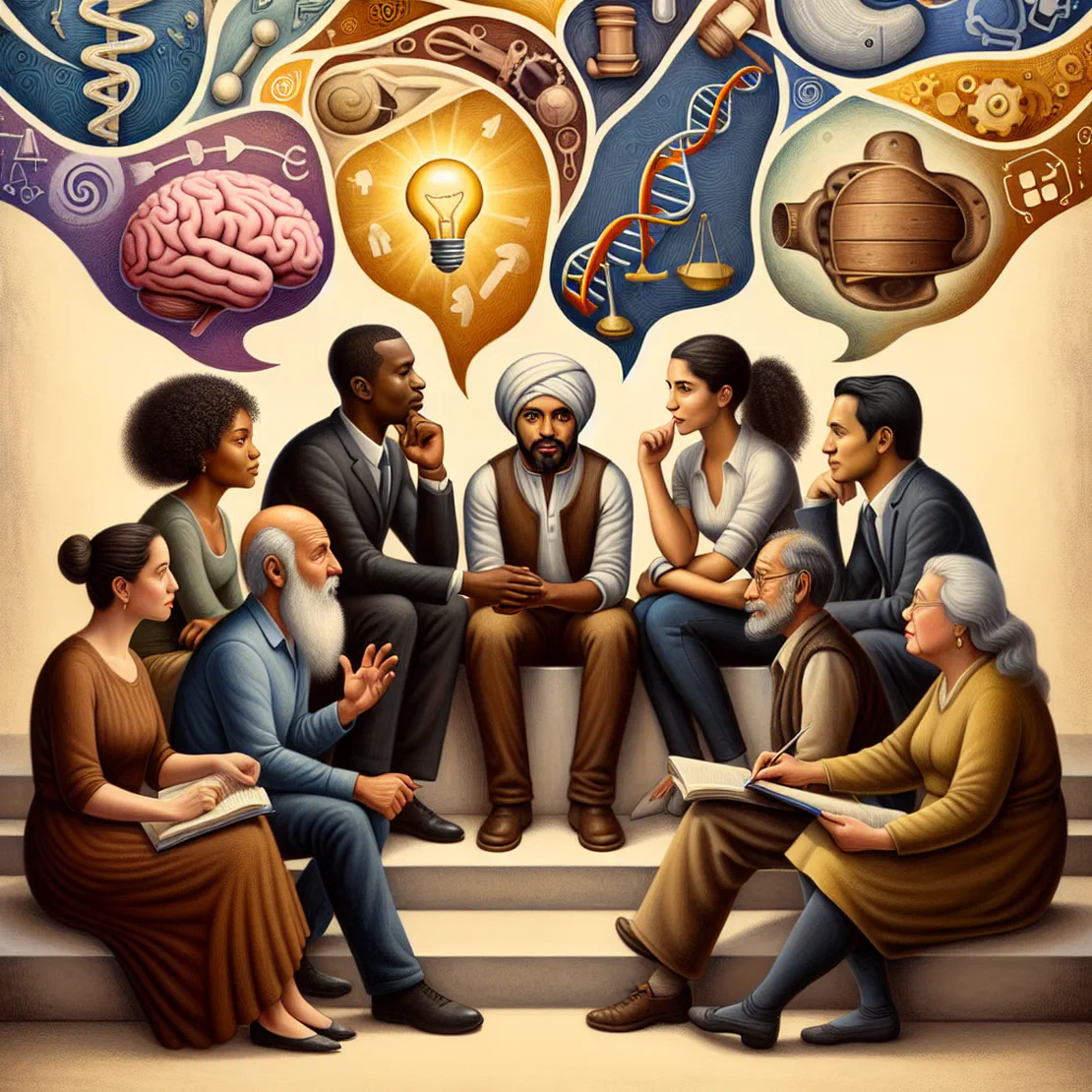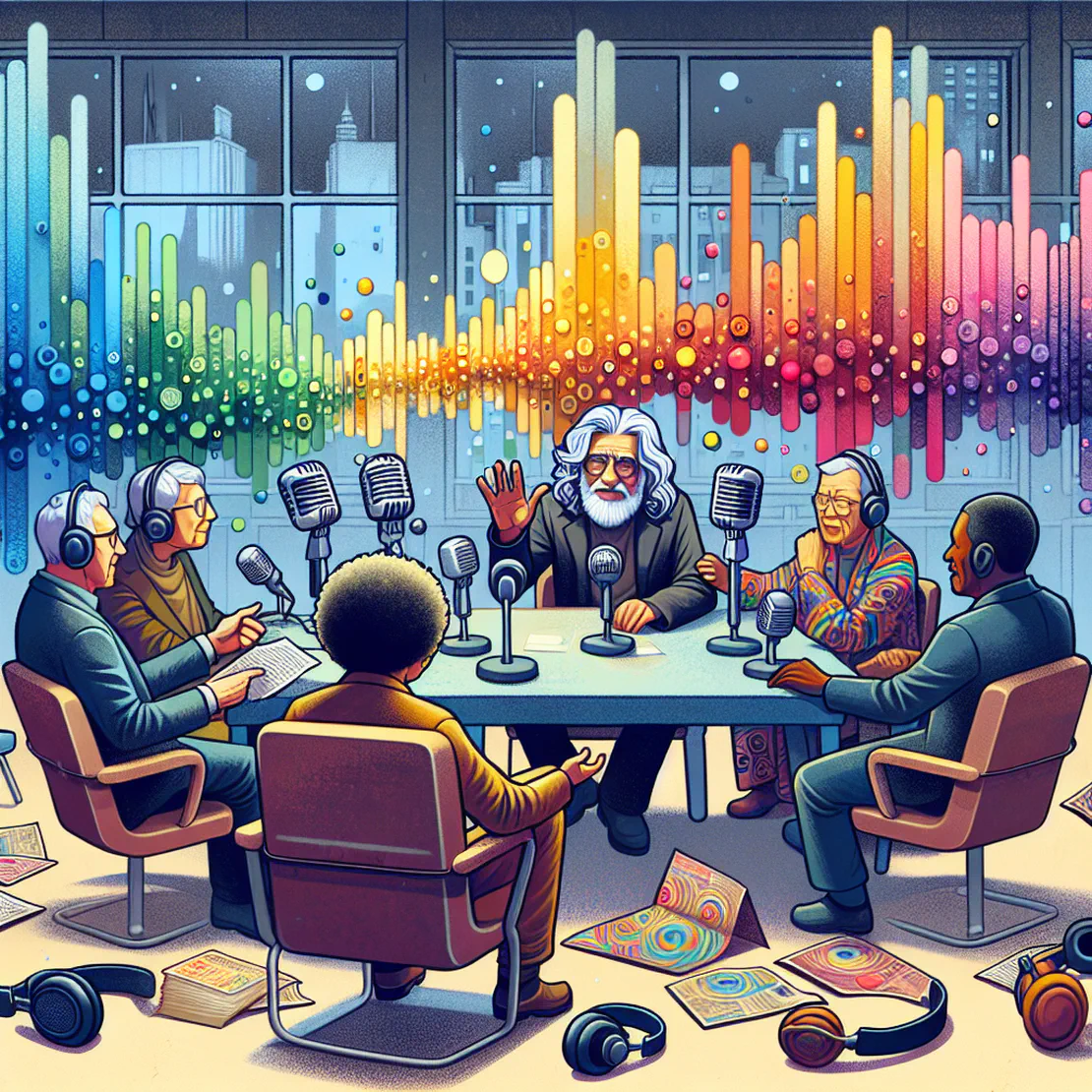
474. Why “Anti-Racism” is the Worst Form of Racism | Coleman Hughes
- The Jordan B. Peterson Podcast
- Political commentary , Racial relations
- August 22, 2024
Table of Contents
At a Glance
-
Colorblindness in Society - “we had gone far enough in Toronto, we’d actually got to the point where people were colorblind.” This highlights the importance of moving towards a society where race is not a determining factor in relationships and opportunities.
-
Meritocracy vs. Dynasty - “The alternative to meritocracy has always been twofold, dynasty and nepotism.” This comparison sheds light on the historical context of how individuals have been selected for positions of power.
-
Responsibility of Intelligence - “if you’re smart, you better learn to be humble and you better learn to be grateful for the fact that you’ve been gifted.” This emphasizes the moral responsibility that comes with intelligence and the potential consequences of misusing one’s gifts.
-
Criticism of Colorblindness - “the attack on meritocracy and the attack on colorblindness is just another way of furthering the kind of race consciousness.” This point addresses the opposition to the concept of colorblindness and its implications in society.
What to Do
-
Stay true to your beliefs even when it doesn’t benefit you - Consistency in beliefs and actions, especially during times of distress, is a sign of moral propriety and reliability. It shows true dedication to one’s principles.
-
Match individuals to suitable roles based on abilities - Ensuring that individuals are matched to roles that align with their abilities and talents benefits both the individual and the organization. This leads to better performance and job satisfaction.
-
Be open to counter-narratives - The speaker mentions that there’s something counter-narrative happening in terms of who people are voting for, and it doesn’t match the Democrats’ model of political science. This suggests that we should be willing to consider alternative perspectives and challenge our own assumptions.
-
Don’t underestimate the power of workers voting with their feet - The speaker compares the voting behavior of communist countries to capitalist ones, highlighting how people tend to vote with their economic interests in mind. This serves as a reminder that people’s choices are often driven by practical considerations rather than ideology alone.
-
Be prepared for unexpected trends and outcomes - The conversation highlights how Republicans have been doing better with black and Hispanic voters over the past eight years, which is counter to what many would have predicted. This advises us to remain adaptable and open-minded when faced with unconventional developments.
What to Get
-The End of Race Politics: Arguments for a Colorblind America by Coleman Hughes - Amazon
-
The Origins of Woke: Civil Rights Law, Corporate America, and the Triumph of Identity Politics by Richard Hanania - Amazon - To gain insight into how the Civil Rights Act has been interpreted
-
Civil Rights Act of 1964 - To understand the intent of the act and its interpretation over the years
-
IQ Test - To assess general cognitive ability of individuals
-
Psychological Traits Assessment - Amazon - To gather information about individuals beyond race
-
Battery Tests - Amazon - To evaluate various aspects of an individual’s abilities
Summary
In this podcast episode, the conversation delves into various topics such as the importance of studying history, the relationship between intelligence and moral worth, and the concept of meritocracy in employment. The host emphasizes the significance of understanding one’s historical background and the development of ideas that have shaped modern society. They also discuss the potential consequences of misusing one’s intelligence and the responsibility that comes with being gifted with creativity. The conversation touches on the idea that intelligence is not the sole determinant of moral worth, and the danger of pride associated with the worship of intellect.
Furthermore, the episode explores the differential awarding of resources to individuals with high general cognitive ability in a rapidly changing and complex society. The conversation highlights the Matthew principle, which suggests that resources tend to accrue in the hands of a few, regardless of the discipline or societal structure. The host also reflects on the concept of fairness in relation to the vast differences in intellectual skills among individuals and questions whether this reaction is a natural consequence of learning or influenced by deep Western assumptions about fairness. Overall, the episode provides insights into the complexities of intelligence, meritocracy, and the moral responsibilities that come with being gifted with certain abilities.


